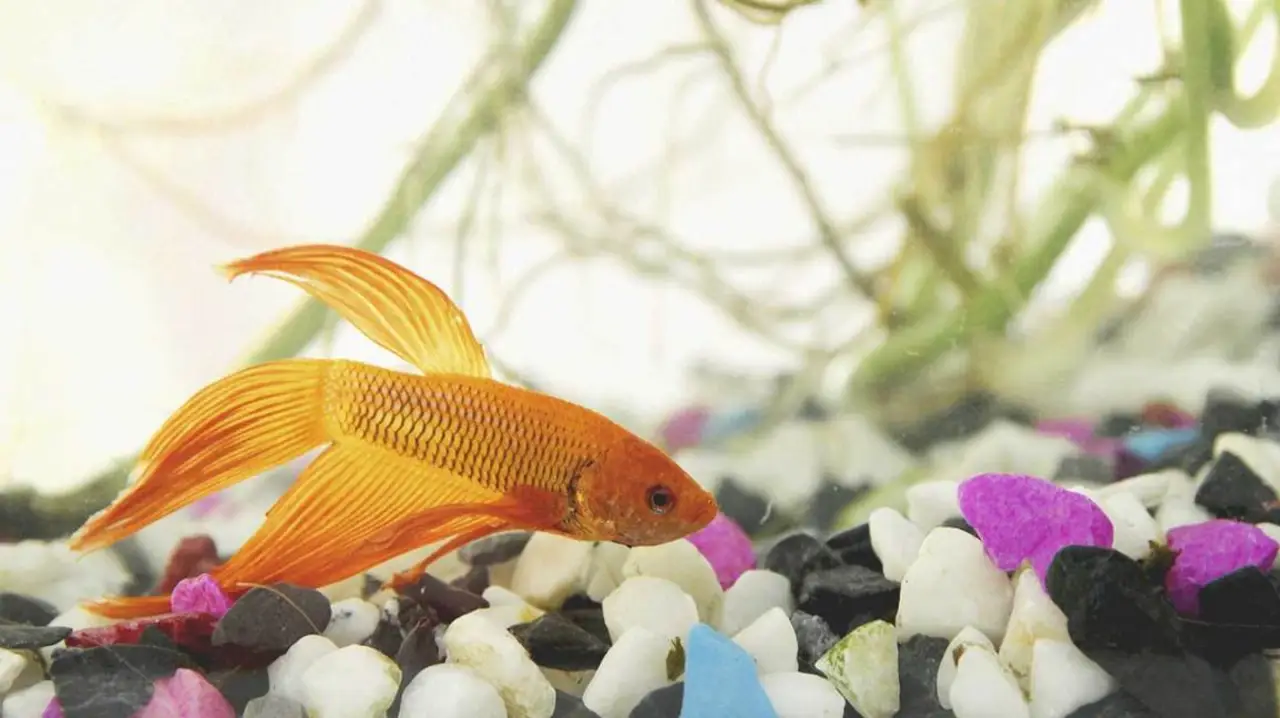What kind of pet is best?
Factors to Consider When Choosing a Pet
Before we dive into the different types of pets and their benefits, it's important to consider some key factors when choosing a pet that's right for you. These include your lifestyle, living situation, allergies, and the amount of time you have available to dedicate to a pet. For example, if you have a busy schedule and live in a small apartment, a large dog may not be the best choice for you. Similarly, if you're allergic to pet dander, you might want to opt for a hypoallergenic pet or one that doesn't shed as much.
Benefits of Owning a Dog
Dogs are often considered man's best friend, and for good reason. They're loyal, affectionate, and make great companions. Dogs can also be great for your mental and physical health – they provide unconditional love, can help reduce stress and anxiety, and encourage you to get out and exercise. Additionally, dogs can provide a sense of security and protection for your home. However, dogs do require a significant amount of time, attention, and exercise, so it's important to consider these factors before committing to dog ownership.
Cats: Low-Maintenance Companions
If you're looking for a pet that's a bit more low-maintenance than a dog, a cat might be the perfect choice for you. Cats are independent and can be left alone for longer periods of time, making them a great option for those with busy schedules. They're also generally quieter than dogs and don't require as much space. Plus, cats can be just as affectionate and loving as dogs, providing comfort and companionship. However, keep in mind that some cats can be quite aloof and may not always want to cuddle or play.
Small Mammals: Perfect for Small Spaces
Small mammals like rabbits, guinea pigs, and hamsters can make excellent pets for those with limited space. These animals are generally easy to care for and can be kept in a small cage or enclosure. They can also be quite affectionate and entertaining, providing hours of enjoyment as you watch them play and interact with their environment. However, it's important to note that small mammals have shorter lifespans than dogs and cats, so be prepared for a shorter commitment.
Birds: Feathered Friends
Birds can make wonderful pets for those who enjoy their beauty and unique personalities. Some birds, like parrots and cockatiels, can even learn to talk and mimic sounds. Birds are generally low-maintenance and can be kept in a cage, making them a good option for those with limited space. However, some birds can be quite noisy, and larger birds like parrots may require more attention and socialization than smaller birds like finches or canaries.
Reptiles: An Exotic Option
For those who are looking for a more exotic pet, reptiles like snakes, lizards, and turtles can make fascinating additions to your home. Reptiles are generally low-maintenance and can be kept in a tank or enclosure. They also don't produce allergens like pet dander, making them a good option for those with allergies. However, reptiles do require specific environmental conditions and specialized care, so it's important to do your research before bringing a reptile into your home.
Fish: A Peaceful, Low-Maintenance Choice
Fish can make excellent pets for those who want a low-maintenance, peaceful addition to their home. Watching fish swim around in their tank can be quite relaxing and even therapeutic. Fish don't require much space, making them a great option for those with limited living quarters. However, it's important to maintain a clean and healthy environment for your fish, which may require regular cleaning and water testing.
Choosing a Pet for Your Kids
If you're looking to add a pet to your family and have children, it's important to choose a pet that's appropriate for their age and temperament. Dogs and cats can make great family pets, but it's essential to teach your kids how to properly interact with and care for the pet. Smaller animals like rabbits and guinea pigs can be good options for younger children, as they're generally more gentle and easier to handle. Ultimately, you'll want to consider the individual needs and personalities of both your child and the pet to ensure a harmonious relationship.
Adopting vs. Buying from a Breeder
When it comes to adding a pet to your family, you have the option of adopting from a shelter or rescue organization, or purchasing from a breeder. Adopting a pet can be a rewarding experience, as you're giving a loving home to an animal in need. Additionally, adoption fees are generally lower than the cost of purchasing a pet from a breeder. However, if you have your heart set on a specific breed or have certain requirements (such as a hypoallergenic pet), purchasing from a reputable breeder might be the best option for you.
Considerations for Allergies and Asthma
If you or a family member has allergies or asthma, it's crucial to consider how a pet might impact your health. While no pet is completely hypoallergenic, some breeds produce fewer allergens than others. For example, certain breeds of dogs (like Poodles and Bichon Frises) and cats (like the Sphynx and Devon Rex) are less likely to cause allergic reactions. Additionally, pets like fish and reptiles don't produce pet dander, making them a good option for those with allergies. It's always best to spend time around the type of pet you're considering before making a final decision to ensure it won't negatively impact your health.

